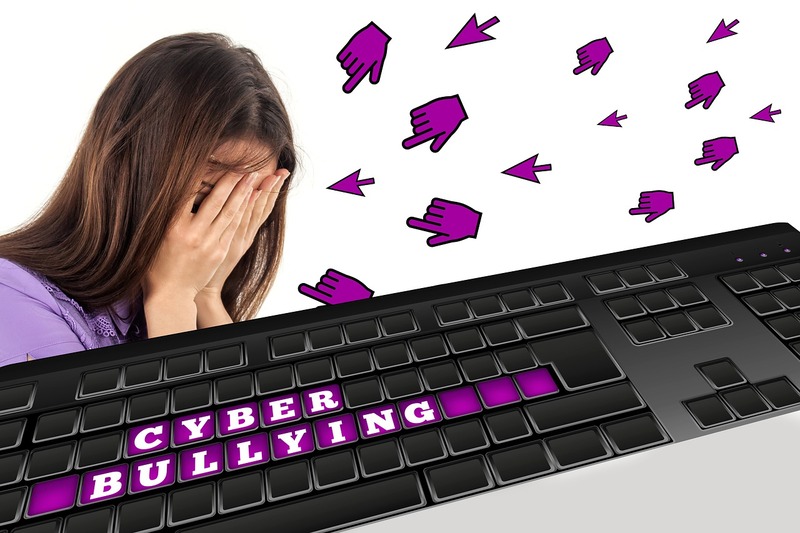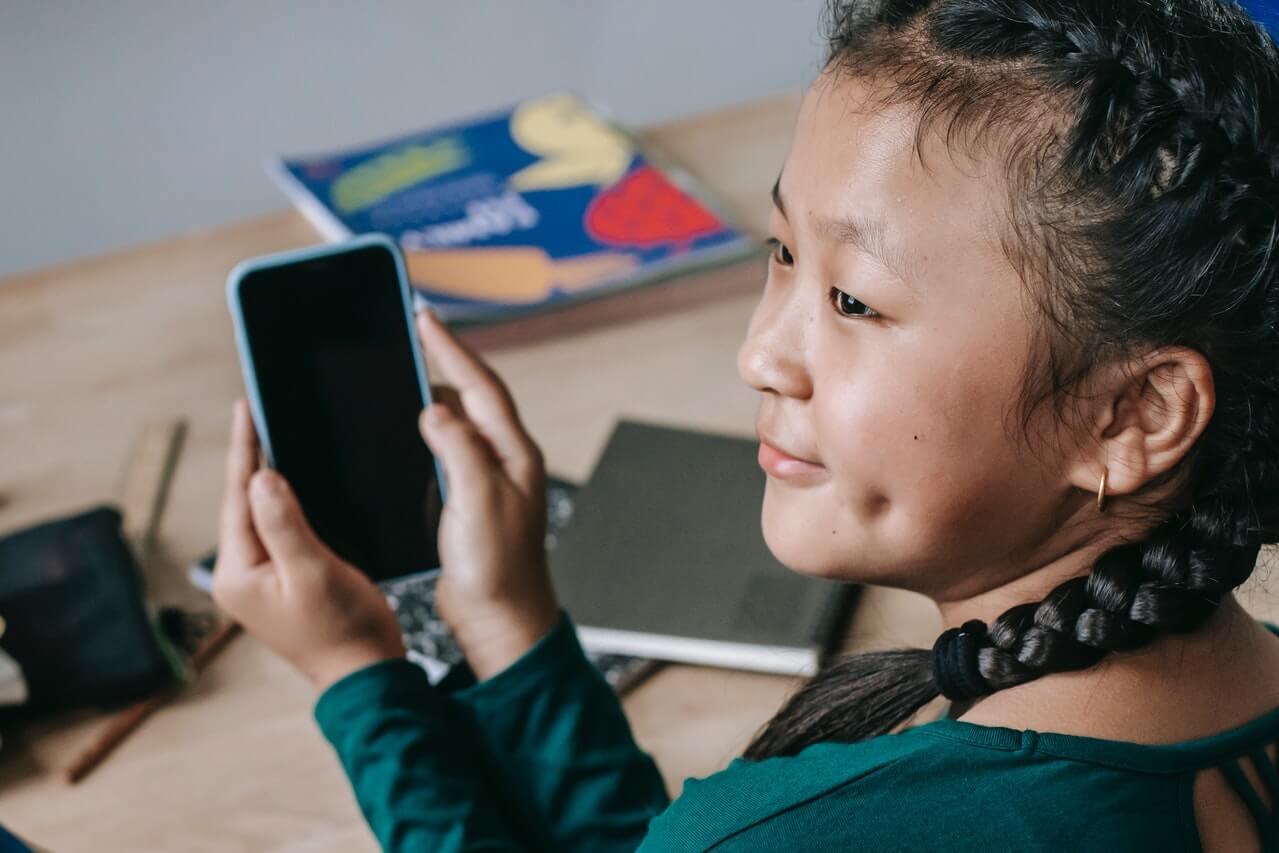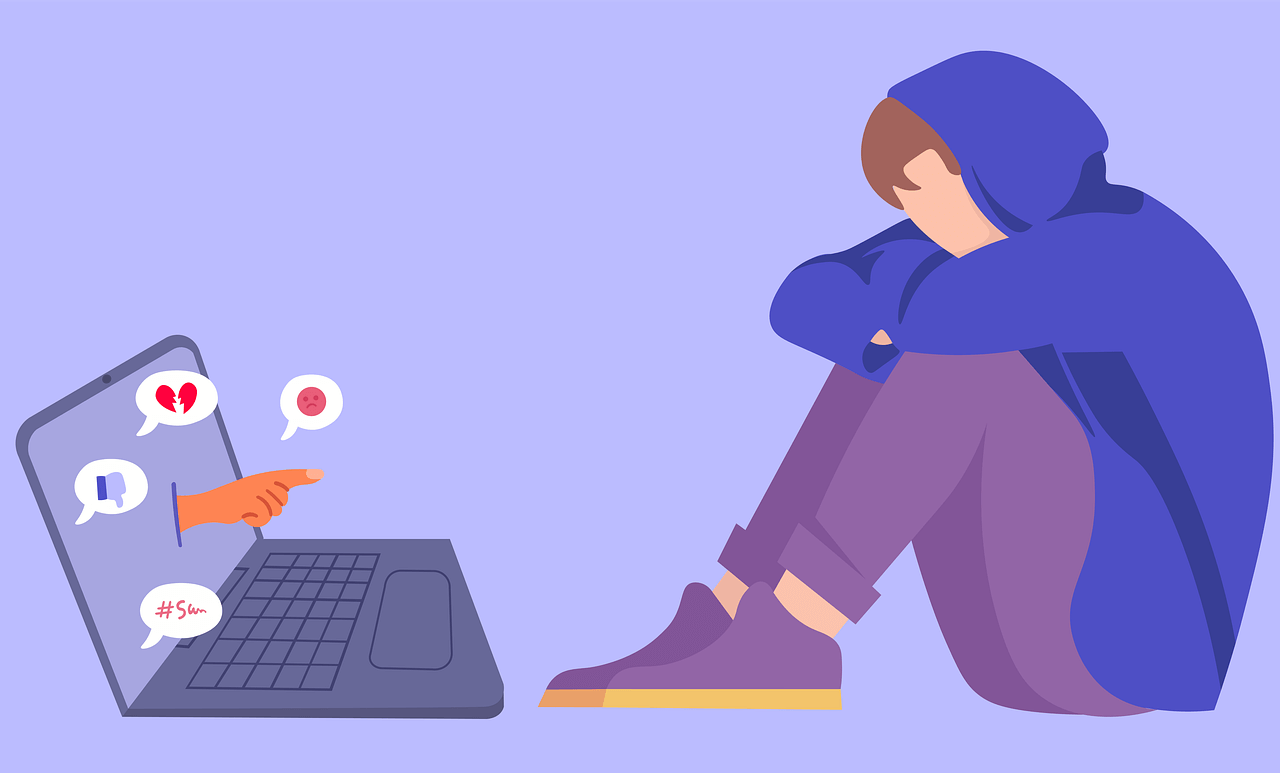With technology developing rapidly, mobile devices are becoming increasingly popular among children of all ages. While this offers several benefits, it can also lead to cyberbullying. This type of bullying can be very harmful and has several serious long-term effects on victims. Parents need to be aware of these risks and take measures to help protect their children from cyberbullying.
Read on to know different types of cyberbullying, what harms these cause to children and how you can protect your children from cyberbullying as parents. But before diving into the detail, let’s first have a brief overview of what cyberbullying actually is.
What is Cyberbullying?
Cyberbullying is the use of technology to harm or harass other people. It can include sending mean or threatening messages, posting rumors or hurtful comments, and sharing embarrassing photos or videos. Cyberbullying can be very harmful, leading to feelings of isolation, anxiety, and depression. It’s important to stand up to cyberbullies and put an end to cyberbullying.
Types of Cyberbullying
Before you work to stop cyberbullying, understand the common types of cyberbullying here:
1. Exclusion

In this type of cyberbullying, children are left out or excluded from online activities, such as chats, games, or groups. Regardless of whether it is done intentionally or unintentionally, it can still hurt the child’s feelings. If you see your children being excluded, talk to them about it and see if there’s anything you can do to help. You should also report to the website or app where it’s happening.
2. Cyberstalking
Cyberstalking is when someone uses the internet to stalk or harass someone else. It can include sending threatening or offensive messages, posting embarrassing information about someone online, or even spying on others through their webcam. If your children are being cyberstalked, it’s important to talk to them about it and help them stay safe online. For further assistance, report it to the police as well.
3. Trolling

In the cyber world, it’s often hard to tell who’s real and who’s just pretending to be friends. There are a lot of people out there who take advantage of children online, and it’s important to be aware of that. Watch out for anyone who tries to get your children to give them personal information or doesn’t respect their privacy. And if someone is making your children feel bad about themselves, simply block that person and report this behavior.
4. Fake Profile
Cyberbullying can be done through fake profiles by creating an account that pretends to be someone else. Cyberbullies use fake profiles to trick people, especially children, into giving them personal information or to spread rumors and lies about someone. You should be aware of the risks and know how to protect your children online.
5. Outing/ Doxing
Publishing someone’s personal information online without his/her consent to harass or embarrass that person is called outing or doxing. Personal information can include people’s home addresses, phone numbers, email addresses, and even pictures or videos. If your children are a victim of this type of cyberbullying, seek legal help. Many online resources can also help you protect your children’s privacy and safety.
Impact of Cyberbullying on Children
Cyberbullying can have a devastating impact on children’s lives. Here are some harmful effects of cyberbullying that children are facing these days:
1. Low Self-esteem

Children who are cyberbullied often suffer from low self-esteem and poor mental health. With low self-esteem, children gradually start feeling socially isolated and anxious. Eventually, it may even lead to suicide.
2. Self-harm
Cyberbullying is linked to an increased risk of self-harming behaviors in young people. However, it is important to remember that self-harm is a serious issue that can have lasting consequences.
3. Mental Retardation

Another alarming effect of cyberbullying is that it can make children mentally retarded. Children who are bullied online are more likely to experience developmental delays and cognitive problems. Moreover, they are also more likely to suffer from anxiety, depression, and other mental health issues.
Stop Cyberbullying! Use Parental Control App
Needless to say, every parent’s worst nightmare is getting to know that their children are being cyberbullied. It can be a really tough situation to deal with, but luckily there is a very effective way you can take to prevent it. Use a parental control app to monitor your children’s online activity. A parental control app helps you see if your children are being contacted by anyone they don’t know or if they’re being harassed in any way. You can also set up filters and block certain websites that you don’t want them accessing. Taking these precautions can help keep your children safe from cyberbullies.
The bottom line,
Cyberbullying will get worse unless you take steps to address it. As parents, you must educate your children about cyberbullying and what to do if they get bullied online. You also should be aware of the signs that your children may be a victim of cyberbullying and take action to protect them. With so much at stake, you must work together to create a safe and bully-free environment for your children, both offline and online.
Has your child ever been cyberbullied? What was the experience like? Let us know in the comments below.
Frequently Asked Questions (FAQs)
Keep your kids well-informed about cyberbullying. Teach your kids how to be responsible digital citizens, and how to stand up for themselves and others online. Install parental controls on your child’s devices to keep track of their online activity.
Emotional bullying involves inflicting damage on someone’s emotional well-being. It can take the form of verbal abuse, such as name-calling and derogatory remarks; social manipulation, such as excluding someone from a group or spreading rumors about them; or any other behavior that is intended to hurt someone emotionally.
Cyberbullying affects millions of people worldwide and can have serious consequences, both for the victims and the perpetrators. While it’s difficult to say precisely how many people are depressed because of cyberbullying, it’s safe to say that this problem is a significant source of anxiety and sadness for many.




